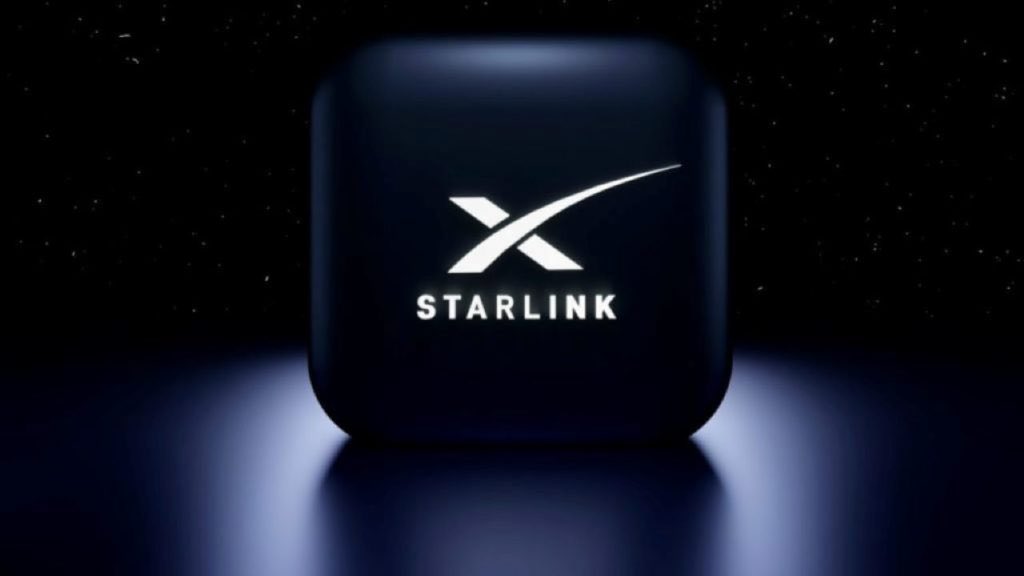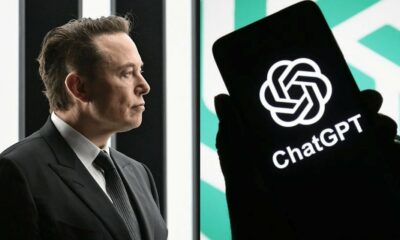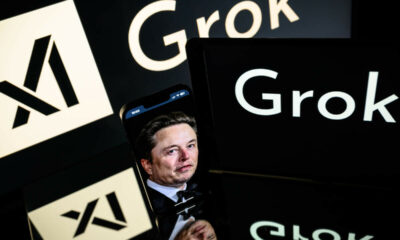Business
Starlink Blocked in South Africa: Why Mobile Operators Are Fighting Back

In many parts of rural South Africa, access to fast, affordable internet remains a dream. Satellite-based broadband service Starlink, owned by Elon Musk’s SpaceX, could easily change that — but its launch in South Africa has been stalled by regulatory red tape and fierce resistance from local mobile operators.
The Promise of Starlink for South Africa
Starlink offers high-speed internet via satellite, making it ideal for rural areas where fibre or mobile coverage is patchy or non-existent. It’s already transforming access to digital services in countries like the U.S. and New Zealand.
But in South Africa, it’s a different story.
Elon Musk, who was born in Pretoria, has been outspoken about the reason Starlink isn’t available here. According to him, the issue is tied to South Africa’s Black Economic Empowerment (BEE) laws. To get a telecoms license, foreign companies like SpaceX must either work through a local partner or sell 30% of their South African operations to a historically disadvantaged individual or group.
Why Mobile Operators Are Pushing Back
There’s another reason for the resistance. Starlink isn’t just an internet provider. Its Direct to Cell technology effectively turns satellites into space-based cell towers — letting users make calls, send texts, and use the internet even in areas where there’s no mobile signal.
That puts Starlink in direct competition with South Africa’s biggest telecoms players: Vodacom, MTN, Telkom, and Cell C. Understandably, these companies don’t want to lose market share — especially after years of investing in local infrastructure and complying with strict regulations.
So, they’re leaning on legal frameworks and lobbying efforts to keep Starlink out.
Regulation vs. Innovation
The local telecoms association — ACT (Association of Communications and Technology) — has called on the regulator, Icasa, to hold off on licensing Starlink. They argue that the existing Electronic Communications Act (ECA) needs a full review before any new satellite services are introduced.
They’ve even pushed for a socio-economic impact assessment (SEIA) to slow the process down further.
Critics argue this is a classic tactic: delay, study, debate — all while the status quo is protected. As ACT member Telkom has shown in the past, these long-winded reviews can drag on for years, effectively blocking innovation.
What’s at Stake for Ordinary South Africans
Analysts and politicians have expressed frustration. Some say the current rules don’t serve the public — they serve connected insiders. Democratic Alliance MP Natasha Mazzone called the government’s approach a “digital lockdown” to benefit politically connected entities.
Financial expert Piet Viljoen pointed out that giving rural communities cheap, fast internet access would be true empowerment — yet policy choices seem to favour gatekeeping over progress.
A Fight with No Clear Winner — Except the Public, If Allowed
Even supporters of South Africa’s licensing process acknowledge that Starlink’s entry should come with some conditions. Byron Lotter of Vestact says Vodacom and MTN had to jump through plenty of hoops to build their networks — and it wouldn’t be fair for Starlink to skip the line.
But while the legal battles play out, the real losers are the people — especially those in remote areas who need internet for jobs, education, healthcare, and small business.
In a country where digital access can make or break someone’s future, the debate over Starlink isn’t just about policy — it’s about potential.
{Source: My Broad Band}
Follow Joburg ETC on Facebook, Twitter , TikTok and Instagram
For more News in Johannesburg, visit joburgetc.com



























